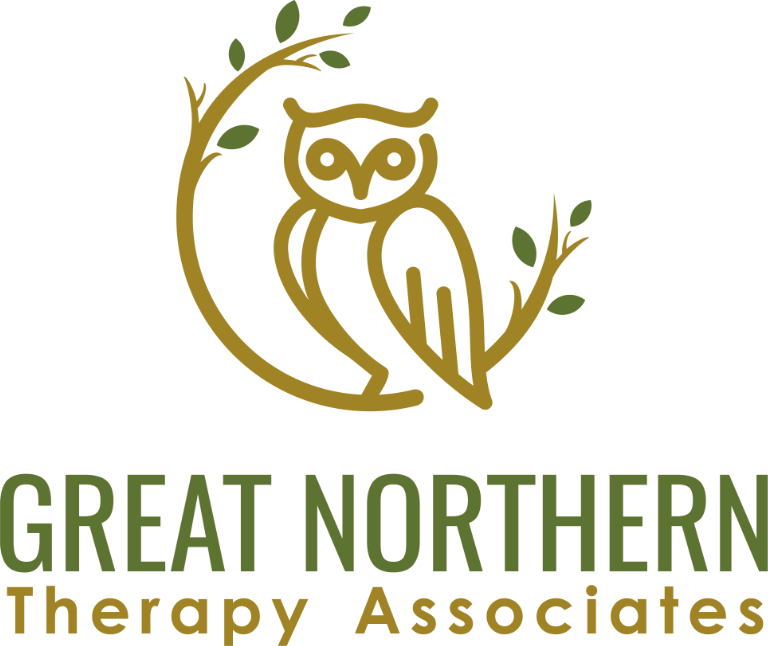Navigating the New Normal: Family Well-being in a Post-Pandemic World
The COVID-19 pandemic has profoundly impacted family mental health, with many individuals experiencing heightened stress, anxiety, and other emotional challenges. As we transition into a post-pandemic world, it is crucial to address mental health concerns and support the well-being of every family member.
Acknowledging the Pandemic’s Impact on Families
Recognizing the effects of the pandemic on family members is the first step in addressing mental health concerns. Many individuals have faced anxiety and stress related to health, safety, and financial stability. Additionally, some families have experienced grief and loss, further contributing to emotional strain. Changes in routines and social interactions have also disrupted the lives of many, making it essential to understand and validate the wide range of emotions and experiences family members face during these unprecedented times.
Tips for Supporting Family Mental Health and Well-being Post-Pandemic
As families continue to adapt to the new normal post-pandemic, it is vital to prioritize mental health and well-being. By following these tips, families can strengthen their emotional resilience, foster open communication, and provide the necessary support for each member. Implementing these strategies will help families navigate the challenges that lie ahead and promote a positive, nurturing environment that enhances overall well-being and fosters lasting connections.
Open Communication and Emotional Support
- Encourage Open Dialogue: Foster an environment where family members feel comfortable sharing their feelings and concerns. Honest and open discussions can help alleviate anxiety and stress.
- Provide Emotional Support: Be empathetic, listen actively, and validate the emotions of your family members. Offer comfort and reassurance when needed.
Prioritizing Self-care and Establishing Healthy Routines
- Emphasize Self-care: Encourage family members to prioritize self-care for mental well-being. This includes getting enough sleep, eating well, and engaging in regular physical activity.
- Establish Healthy Routines: Create routines that promote physical and mental health, such as regular exercise, family meals, and consistent sleep schedules.
- Create Relaxation Opportunities: Ensure that each family member has time for leisure and relaxation, incorporating activities that help them unwind and recharge.
Fostering Resilience and a Growth Mindset
- Promote Adaptability and Resilience: Teach family members the importance of adaptability and resilience in the face of adversity. Share stories of overcoming challenges and discuss coping strategies.
- Encourage a Growth Mindset: Help family members focus on the positives and see challenges as opportunities for growth. Praise effort, perseverance, and the willingness to learn from setbacks.
Seeking Professional Help When Needed
- Identify the Need for Help: Pay attention to signs that a family member may need professional assistance, such as persistent sadness, anxiety, or behavioral changes.
- Access Mental Health Resources: Seek out mental health professionals, support groups, or other services to assist family members in need of additional support.
Nurturing Social Connections and Building Support Networks
- Rebuild and Maintain Social Connections: Encourage family members to reconnect with friends, relatives, and other supportive individuals to foster a sense of belonging and social support.
- Create Support Networks: Help family members build and utilize support networks, both within and outside the family, to share experiences, seek advice, and offer encouragement.
The Path Forward: Nurturing Family Mental Health in the Post-Pandemic World
The journey toward mental health and well-being for families in a post-pandemic world is an ongoing process that requires patience, understanding, and continued support. As we navigate the new normal, it is essential to remain committed to fostering open communication, prioritizing self-care, and nurturing social connections. By implementing the strategies outlined in this article, families can build resilience, create stronger bonds, and support one another through the challenges that lie ahead. Embracing these practices will contribute to individual well-being and foster a more cohesive, emotionally healthy family unit better equipped to face the future together.
Great Northern Helps Injured Workers Recover
Great Northern Therapy Associates is your partner who can provide counseling services to injured workers. We have therapists throughout many states who can meet in person and via remote telehealth sessions to work with injured workers and develop an individualized plan to help them adjust and successfully return to work.
We have partnered with and provided mental health support to workers at some of the largest companies in the world. But, at our core, we are still “people taking care of people,” one person at a time. Contact us today by filling out a form (below), submitting a referral, or calling us at the number below.

